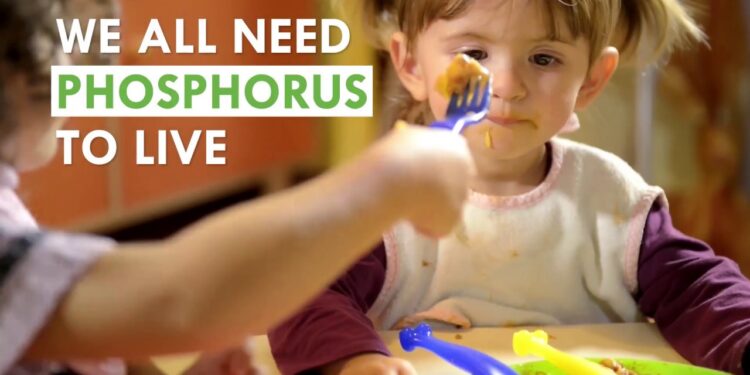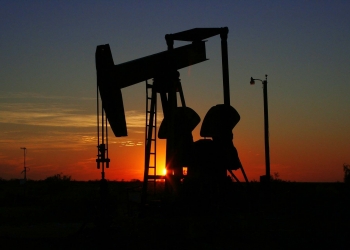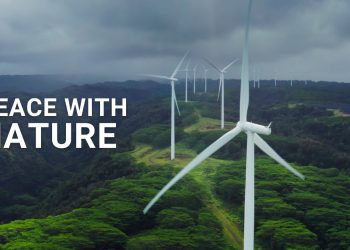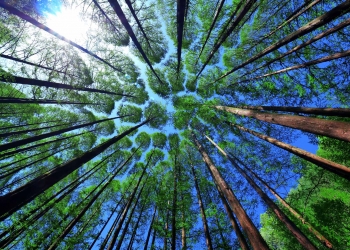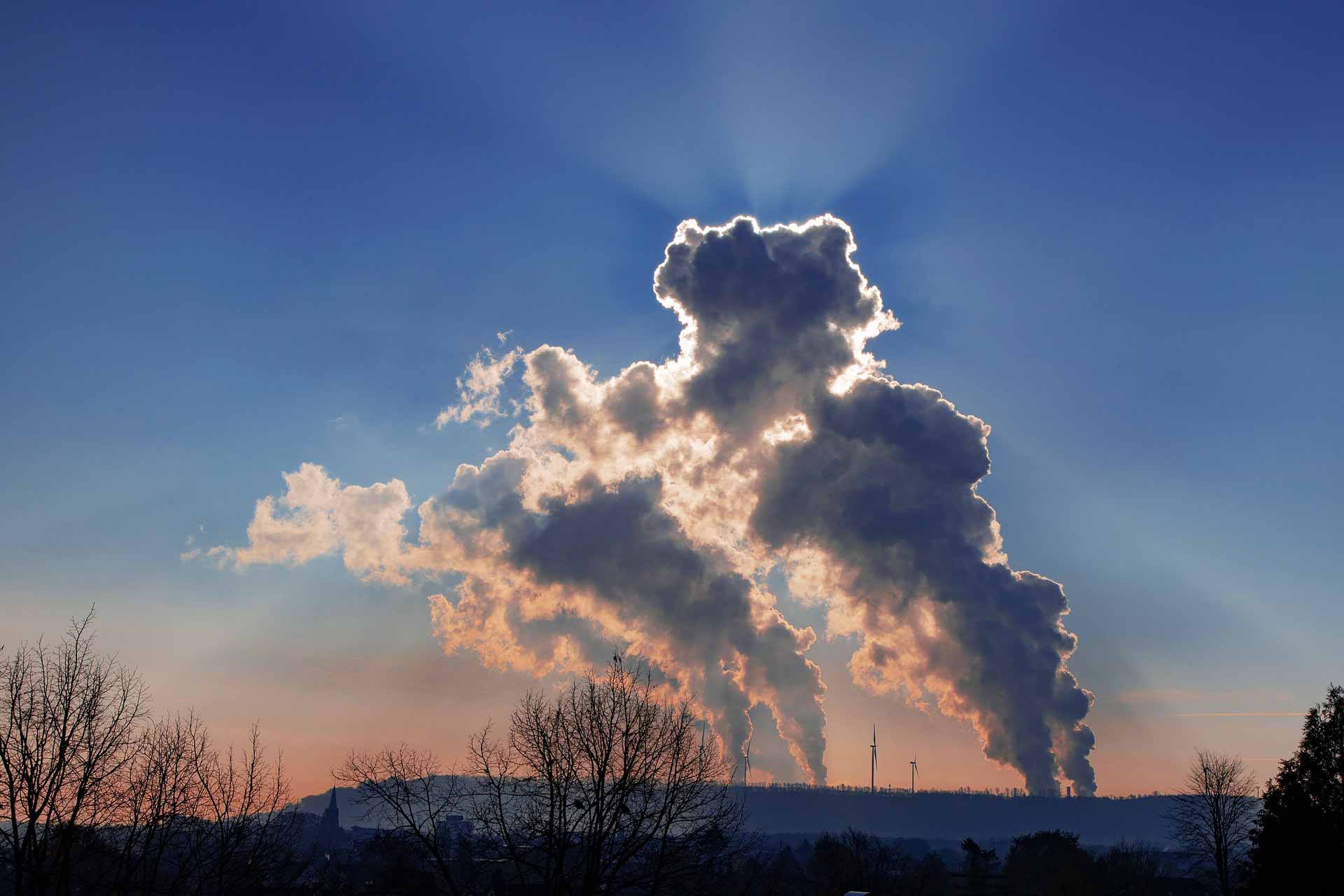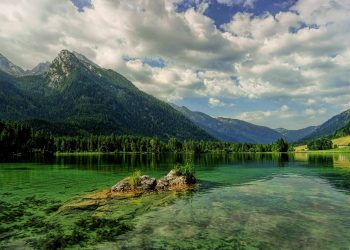For decades, synthetic fertilizer – containing nitrogen, phosphorus, and potassium – has been used all over the world to increase crop yields. Plants need phosphorus to grow but using too much of it can harm the environment.
“It is unacceptable that hunger is on the rise at a time when the world wastes more than 1 billion tonnes of food every year. It is time to change how we produce and consume, including to reduce greenhouse emissions,” says United Nations Secretary-General António Guterres.
The Secretary-General will convene a UN Food Systems Summit in 2021. It will launch bold new actions to transform the way the world produces and consumes food. Also it will support progress on all 17 Sustainable Development Goals.
EU debates Farm to Fork strategy
Global cycle – Agricultural land and human waste
The global phosphorus cycle is broken, experts say. In some regions of the world too much phosphorusgoes to soils to grow food, contributing to nutrient pollution of lakes, rivers and coastal ecosystems. Elsewhere, farmers can’t access enough phosphorus to meet food demands. As the global population grows, the global phosphorus cycle must ensure sufficient food for all whilst reducing costly environmental damage.
Where phosphorus use has been high, losses from agricultural land and through human waste have led to the pollution of fresh waters and coasts with excess nutrients, a process called eutrophication.
Humans are reliant on clean and safe freshwater and coastal ecosystems. They provide clean drinking water, protein and livelihoods to large numbers of people. So, preventing phosphorus pollution of these sensitive ecosystems is vital for sustainable development.
Eutrophication causes harmful algal blooms. We can see them even from space. Eutrophication contributes to global scale biodiversity loss, oxygen “dead zones” threatening fisheries, and the contamination of drinking water supplies.
Sustainable Phosphorus Management
The United Nations Environment Programme (UNEP) and others, such as the Global Partnership on Nutrient Management, are calling for better management of phosphorus for the benefit of people and planet
“There are huge environmental and socioeconomic gains that stand to be won through sustainable phosphorus management focused on relieving the burden of phosphorus pollution on lakes and their catchments,” says Mahesh Pradhan, a UNEP nutrient pollution expert.
Phosphate rock is the main source of easily accessible phosphorus for the manufacture of synthetic fertilizer and has been produced in large quantities since World War II. However, increasing phosphorus recycling from wastes has the potential to increase food security whilst also reducing impacts on the environment.
“The signs of geopolitical constraints regarding phosphate rock reserves are already evident and are likely to be more intense in future,” says a study in the Journal of Cleaner Production. It warns that the combined impact of increasing demand, dwindling reserves, and geopolitical constraints could result in a substantial decline in the production and supply of chemical phosphorus fertilizer in the global market.
Our Phosphorus Future project
UNEP participates in the Our Phosphorus Future project, coordinated by the UK Centre for Ecology and Hydrology (UK CEH). The project brings together experts from around the world to identify the key solutions for achieving global phosphorus security.
“The scientific community is united on the need to address the global phosphorus challenge. As well as better farming and reducing and recycling wastes, food choice is a key solution. High meat consumption is a well-known driver of unsustainable nutrient use. The commitment of governments, consumers and industry in developing a more sustainable phosphorus future is key,” says Dr Bryan Spears, UK CEH.
Towards better management of phosphorus
UNEP and partners working on phosphorus pollution have come up with a number of priority actions that stand to address this complex problem:
- Improve fertilizer and manure management, and minimize soil erosion, run-off and phosphorus (P) leaching to water; develop catchment management approaches to reduce P losses from agriculture and human wastes, with clear targets for reduction.
- Develop infrastructure to recycle P from wastes; form markets for recycled P products.
- Optimize livestock and crop yields without additional P input and through better agricultural practices.
- Minimize food waste to reduce P fertilizer demand and save money.
- Reduce consumption of P intensive agricultural produce. For example meat and dairy products. Wider adoption of healthy diets with low to moderate amounts of meat and dairy could radically reduce demand for mineral P fertilizers and improve human health.
- Raise awareness, transparency and political commitment to monitor, assess and act on P security issues.
- Develop economic and regulatory policies that lower animal product consumption and waste production.
Sustainable development and fight against COVID-19 go together

